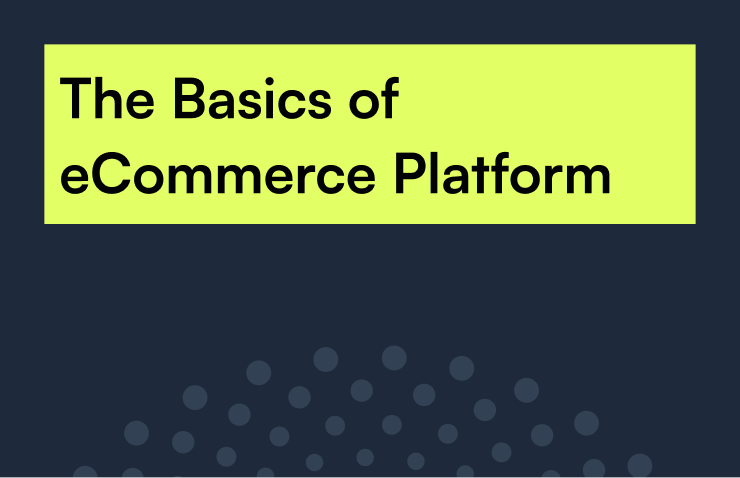As a digital marketer myself, I know that customer buying history and data is invaluable to winning repeat customers and making the selling process sophisticated through intelligent decision-making. Access to a customer’s buying history on your site helps predict a consumer’s behavior in future returns. Site features that incorporate legacy customer data can increase Conversion and Average Order Value. But without a native way to migrate customer data to a new eCommerce platform for most popular platforms – many business decision makers tend to stay with their current platform for fear of losing this valuable information and apprehension of a rocky transition process.
I don’t need to personally sing all the praises of Magento for online retailing. You can see them in our work with distinguished brands, and that Magento has the proven lowest Total Cost of Ownership of any major eCommerce platform. In this blog, I want to talk about one of the customizations and modules our developers have been hard at work on, with the goal of adding major value to the default Magento 1.x or 2.x platforms.
Web Solutions NYC has developed a custom module for importing historical customer order data between Magento versions – or to migrate this data from another eCommerce platform to Magento. Customer emails become associated with item names, quantity bought, item description, order date, shipping costs, and many more customizable data fields.
Historical order data is not just uploaded to the new system; it can be accessed on the front-end by customers who have shopped with you before. A good use case is a customer that has come back after an amount of time to make a repeat purchase – and sees that your site template has now changed, while they may be pleased with this improved user experience, it can be disorienting. Access to their existing accounts with their archive of past orders can encourage repeat buying behavior and future visits to your site.
“This module is ideal for executives that may be on the fence about making a transition to a nimbler eCommerce platform because of potential data loss,” said Yitz Lieblich, CEO of Web Solutions NYC. “With access to past data, you can make more intelligent decisions for your future platform needs, and customers are more comfortable making repeat purchases when they are able to access their order history and data.”
To learn more about migrating to Magento 2, contact us.



